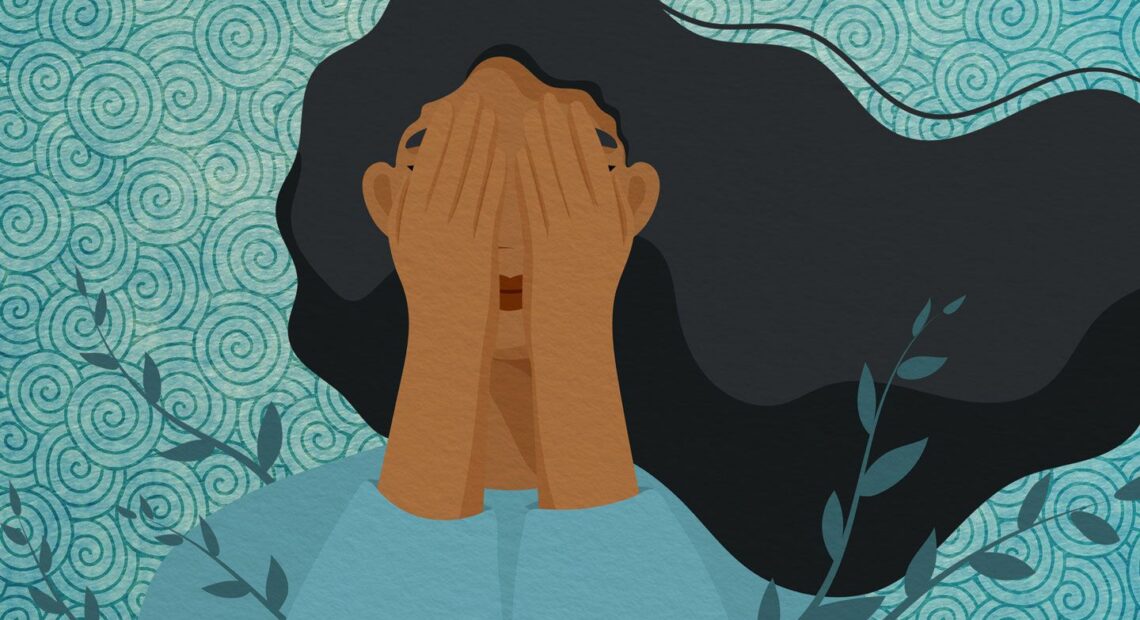7 Effective Tips to Prevent Chronic Depression

Chronic depression is a serious mental health condition that can have a significant impact on a person’s well-being and quality of life. While it may not be entirely possible to prevent depression altogether, there are several strategies and habits you can adopt to minimize the risk of developing chronic depression. In this blog post, we will discuss seven effective tips that can help you maintain good mental health and reduce the likelihood of chronic depression.
- Prioritize Self-Care: Self-care is crucial for maintaining good mental health. Make sure to prioritize your well-being by engaging in activities that bring you joy and relaxation. This can include hobbies, exercise, spending time with loved ones, practicing mindfulness or meditation, and getting enough sleep. Taking care of yourself physically and emotionally can help build resilience against depressive symptoms.
- Build a Strong Support System: Having a supportive network of family and friends can play a crucial role in preventing chronic depression. Cultivate and maintain healthy relationships, and reach out for support when needed. Sharing your feelings and concerns with trusted individuals can provide comfort, guidance, and a sense of belonging, helping to ward off feelings of isolation and loneliness.
- Practice Stress Management: Chronic stress can contribute to the development of depression. Learning effective stress management techniques can be instrumental in preventing depressive episodes. Explore stress-reducing activities such as yoga, deep breathing exercises, journaling, or engaging in hobbies that help you relax. It’s important to identify your stress triggers and find healthy coping mechanisms to manage them.
- Maintain a Balanced Lifestyle: Establishing a balanced lifestyle can have a significant impact on your mental well-being. Ensure you maintain a healthy diet, engage in regular exercise, and avoid excessive alcohol or substance use. A balanced lifestyle promotes overall wellness and can help stabilize your mood and energy levels.
- Challenge Negative Thinking Patterns: Negative thinking patterns can contribute to chronic depression. Practice self-awareness and challenge negative thoughts that may arise. Replace negative self-talk with positive and realistic affirmations. Cognitive-behavioral therapy techniques, such as reframing negative thoughts, can be helpful in changing harmful thinking patterns.
- Set Realistic Goals: Setting realistic and achievable goals can provide a sense of purpose and accomplishment, improving your overall mental well-being. Break down larger goals into smaller, manageable tasks, and celebrate your achievements along the way. This approach can help boost self-confidence and prevent feelings of hopelessness or inadequacy.
- Seek Professional Help: If you are at risk of chronic depression or already experiencing depressive symptoms, seeking professional help is essential. Mental health professionals can provide you with valuable support, therapy, and potentially recommend appropriate interventions. Don’t hesitate to reach out to a therapist, counselor, or psychiatrist who can guide you through your mental health journey.
Conclusion: While chronic depression is a complex condition, incorporating these tips into your daily life can significantly reduce the likelihood of developing this debilitating mental health issue. Remember, prevention is always better than cure. By prioritizing self-care, building a support system, managing stress, maintaining a balanced lifestyle, challenging negative thoughts, setting realistic goals, and seeking professional help when needed, you can take proactive steps towards preserving your mental well-being and leading a fulfilling life.
Picture Courtesy: Google/images are subject to copyright








